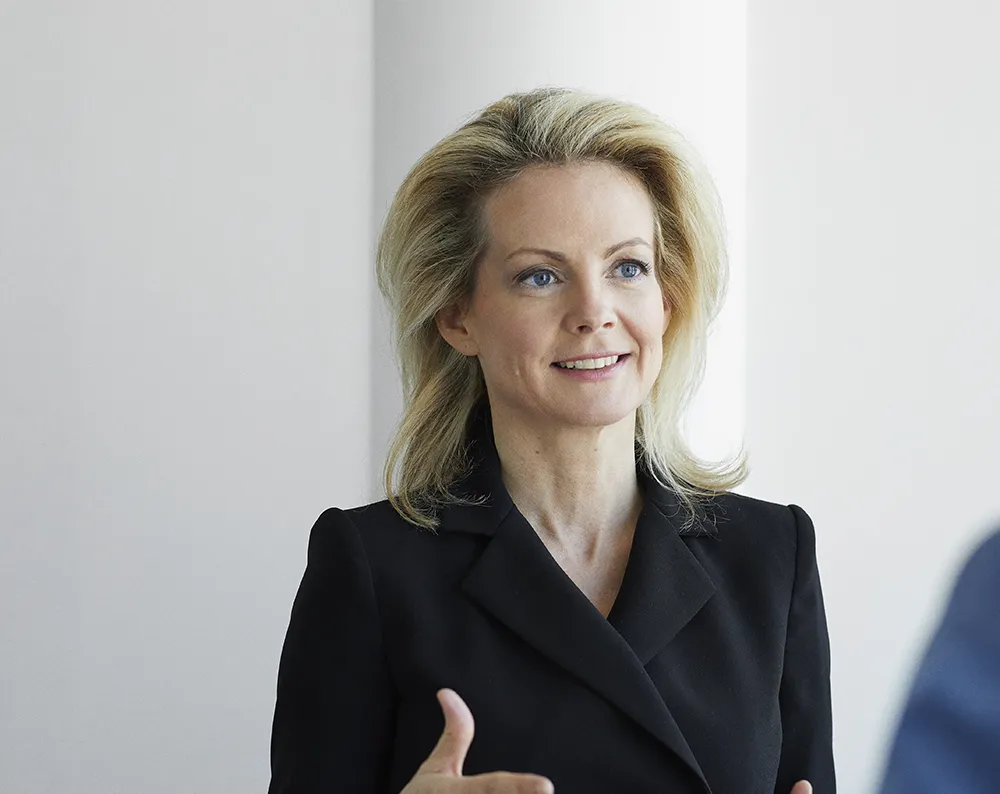
Newton’s first law of motion states that: Every object in a state of uniform motion tends to remain in that state of motion unless an external force is applied to it. While the concept moving bodies has a rather obvious analogy with transport, the law can equally be applied to transportation as a whole – that everything stays the same until an external force acts up on it.
Call it an external force, call it a disrupter, the transport sector has seem many and they are coming ever faster: real time traveller information, contactless ticketing, taxi hailing services, the sharing society and Generation Z to name but a few. And the biggest, or arguably the combination of all of the above, is yet to come: Mobility as a Service or MaaS.
Why is it bigger than Open Data or driverless cars? Because MaaS will change forever the whole basis on which transport is delivered. Instead of providing assets and infrastructure for the individual traveller to navigate, purchase and consume, MaaS will provide mobility: ‘tell us where you want to go and we will make all the arrangements to get you there and allow you to make a single payment’.
But this requires a complete rethink of transport provision, the infrastructure planning and traffic management, ticketing and modal interchanges, real-time information provision and even legislation. So how should transport authorities prepare for, facilitate and even participate in the provision of MaaS?
Well that’s the crucial question but one that cannot be answered in a leader column or even an entire magazine, so in March 2017 ITS International is organising a two-day MaaS Market Conference on the theme of Concept to Delivery in London.








